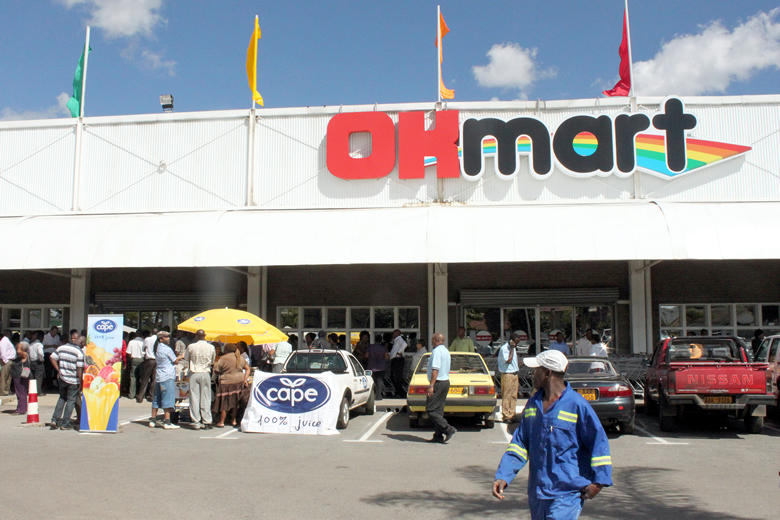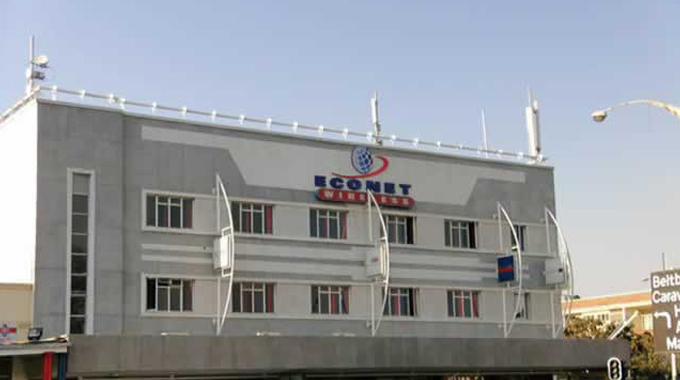Excessive imports cause cash crisis: Barclays Zim

ZIMBABWE’S liquidity crisis is being primarily caused by excessive spending on imports, creating an unsustainable economic environment, a senior banker has said.
According to data released by the Zimbabwe National Statistics Agency, Zimbabwe posted a $3 billion trade deficit from January to November 2015. Trade figures showed that exports amounted to $2,5bn against $5,5 billion in imports, indicating the country’s continued reliance on foreign goods as local industry remains depressed.
Speaking at Barclays Bank’s 35th Annual General Meeting last Thursday, bank managing director George Guvamatanga said the decline in local production has resulted in Zimbabwe depending on imports.
“Spending on imports is causing the cash crisis. We’re a nation that’s consuming more than what we’re producing,” he said. Guvamatanga said that controls were needed in order to mitigate the crisis and ease pressure on the banking sector.
“We’re using money that’s not ours, there’s an anomaly, the previous $3,500 maximum cash withdrawal is something as a country we can’t sustain and that limit was for other people taking money out of the country, making the control systems necessary,” he said.
Guvamatanga added that there was an overall improvement in the rate of non-performing loans (NPL) in the banking sector.
He said the NPL rate currently stood at 10,9 percent but was still far from the global average of five percent.
He assured Barclays shareholders that the bank was here to stay, following the announcement in March that Barclays Plc would begin selling its 62 percent stake in its Africa unit, Barclays Africa Group Ltd.
He explained that Barclays Bank Zimbabwe was no longer under Barclays Africa but is part of Barclays non-core division under Barclays Plc.
“While things will change in the future, things remain the same for now, it’s business as usual,” he said. He said Barclays still had plans to expand in the country.
“During the year, the bank is going to open a new branch in Zvishavane in two months’ time and it’s planning a $20 million project with the United States Agency for International Development for small to medium enterprises that will be largely women-run,” he said.
The bank’s total income for the period January to April 2016 stood at $16 million, with net interest year on year growth at 24 percent up from 11 percent for 2015. — New Ziana












Comments